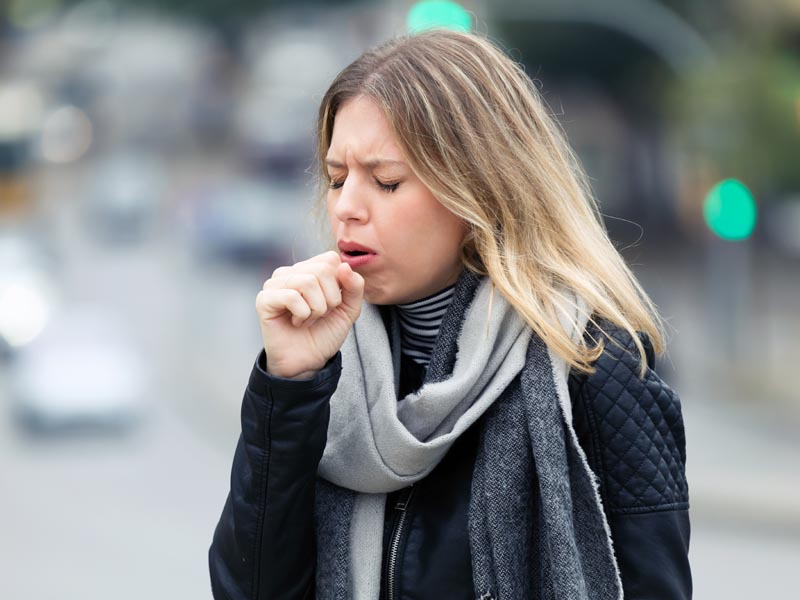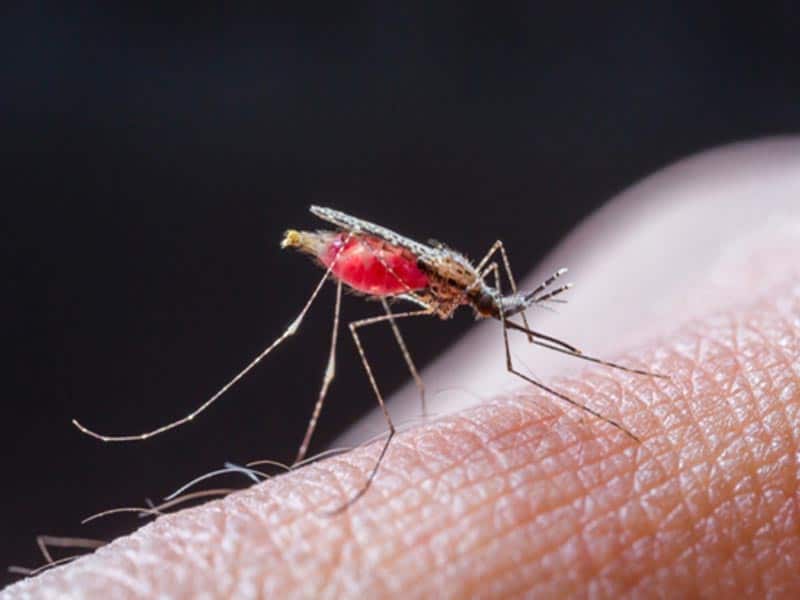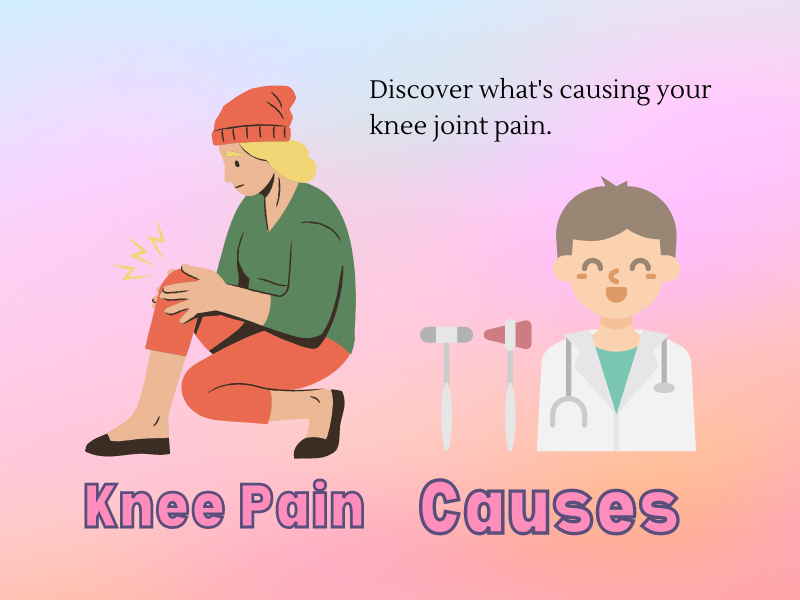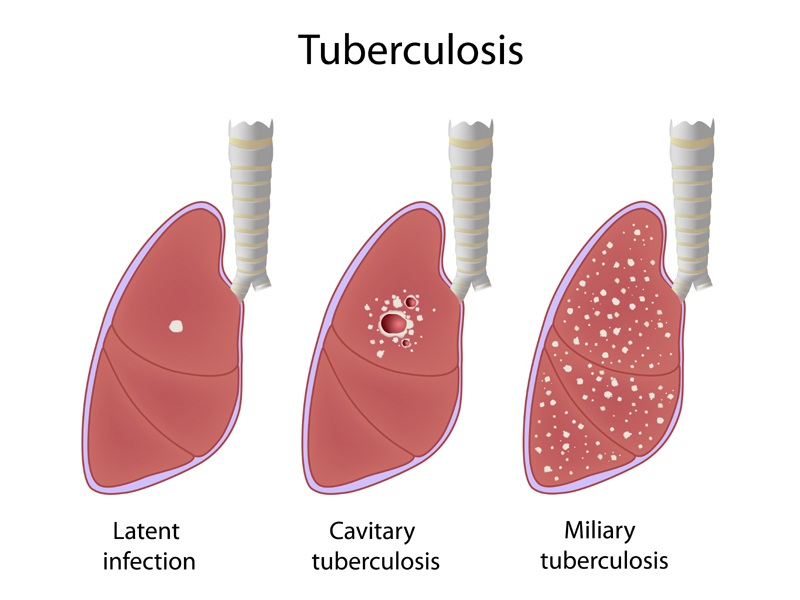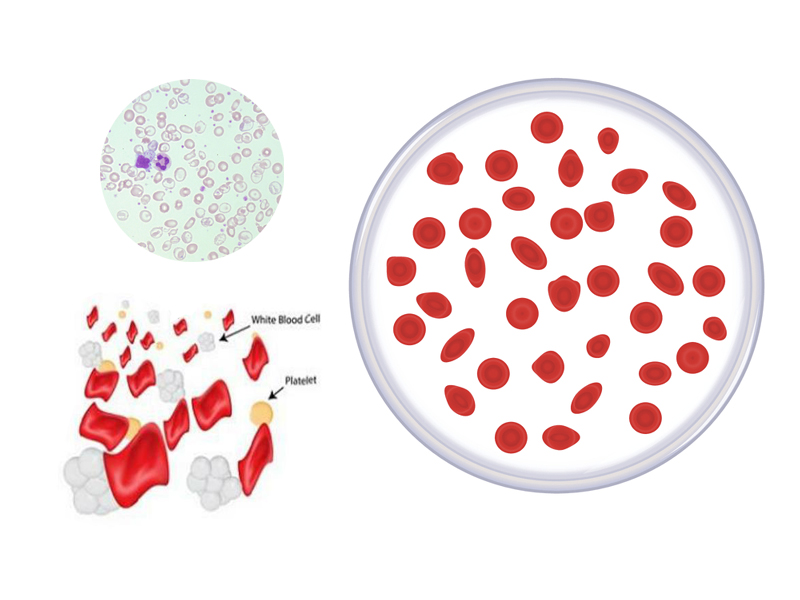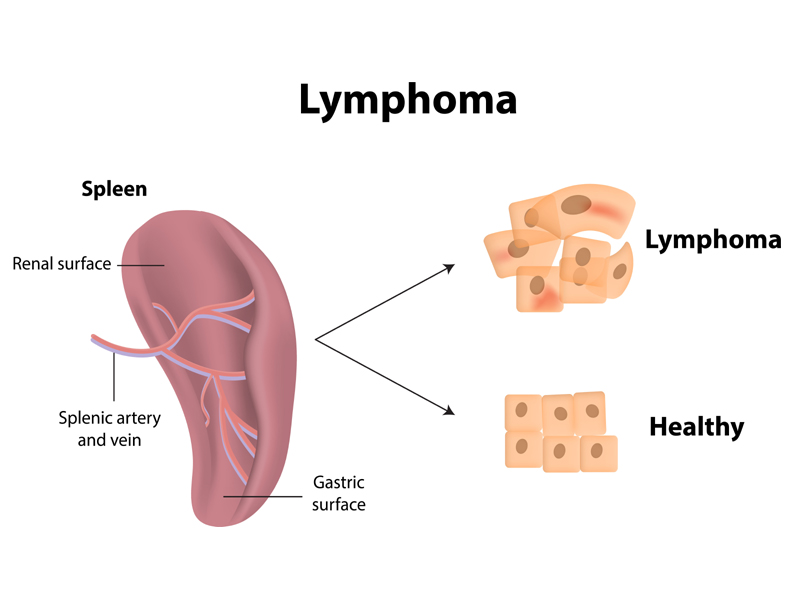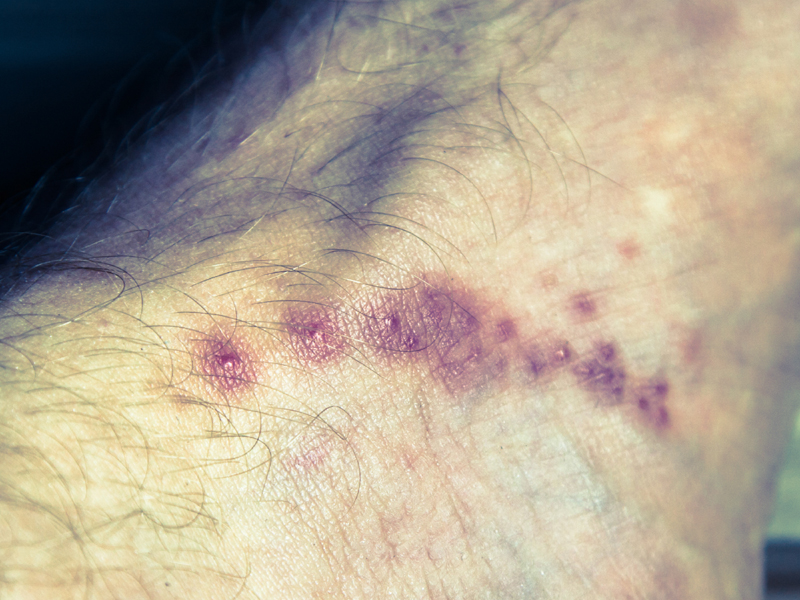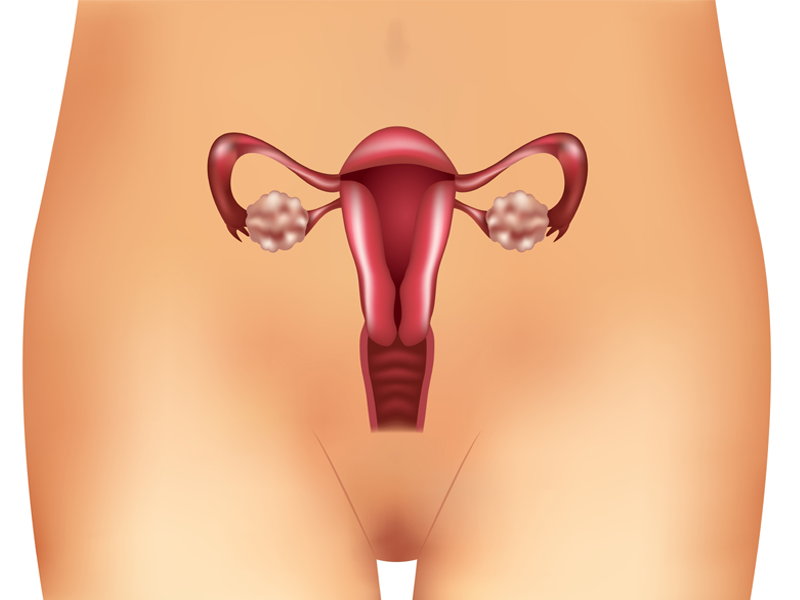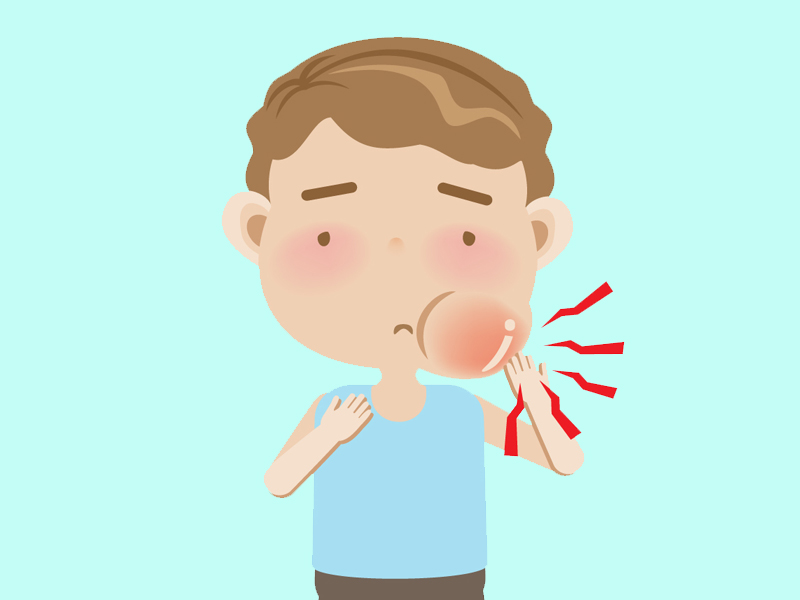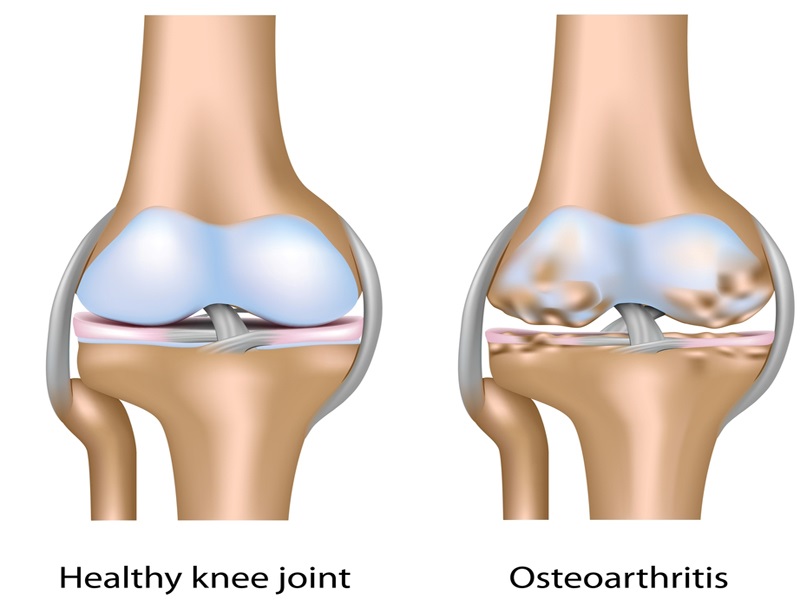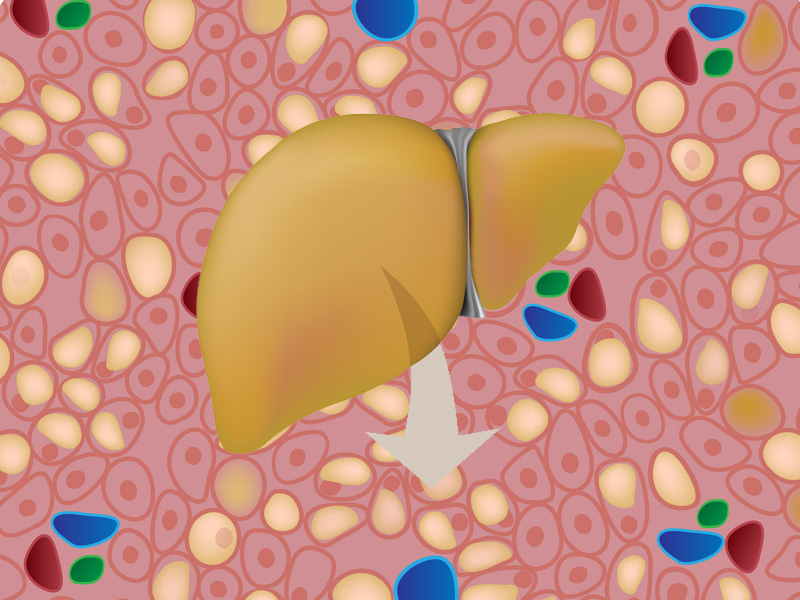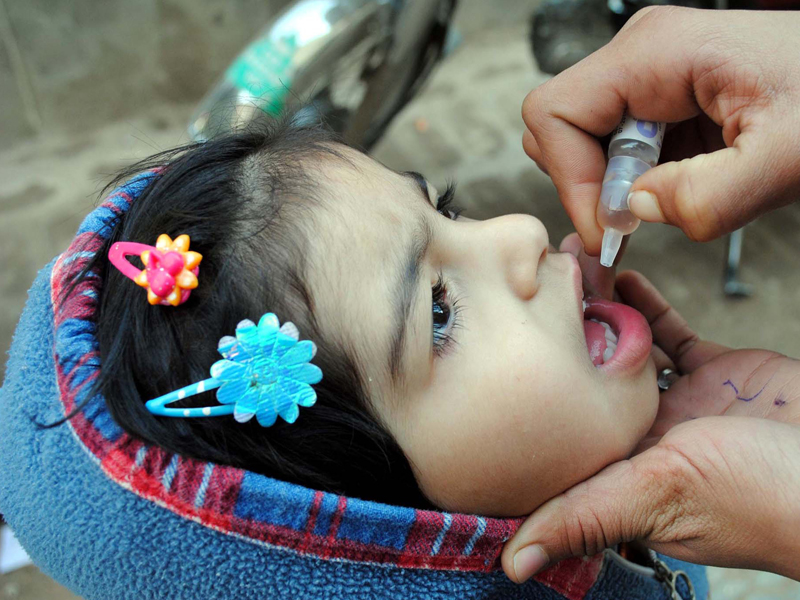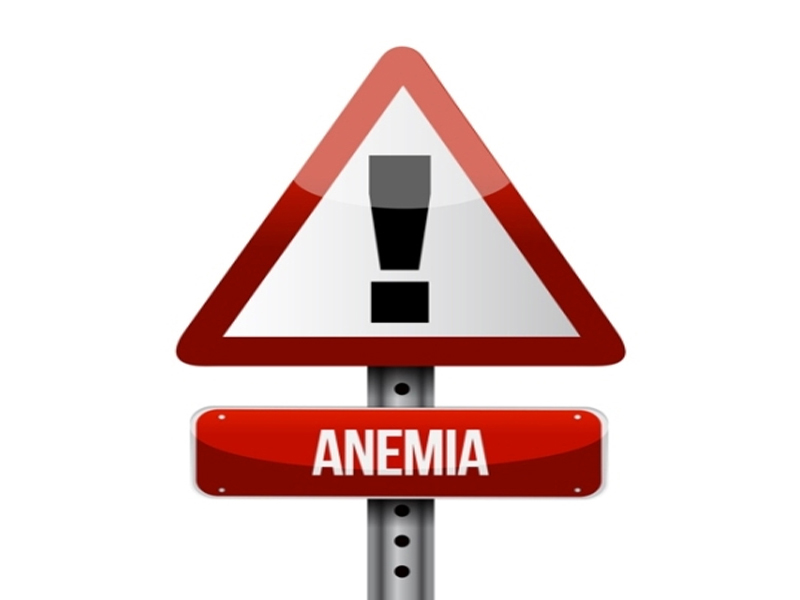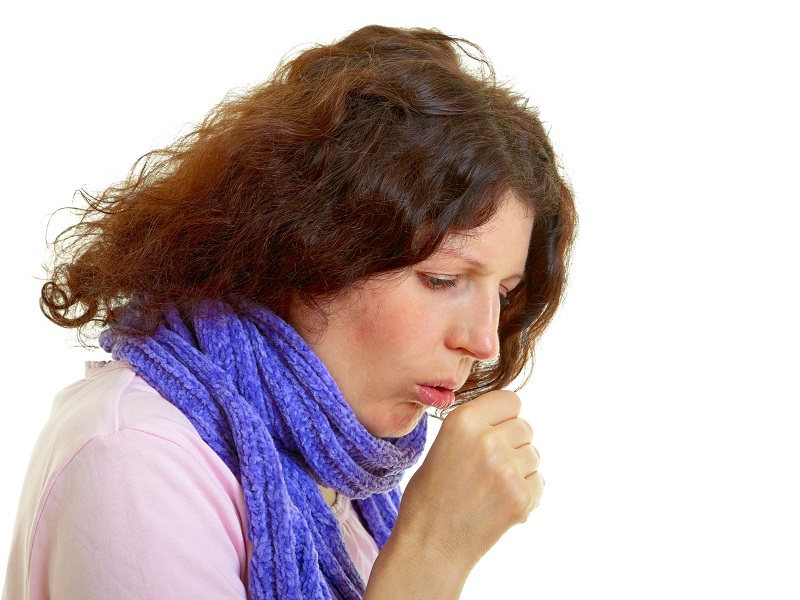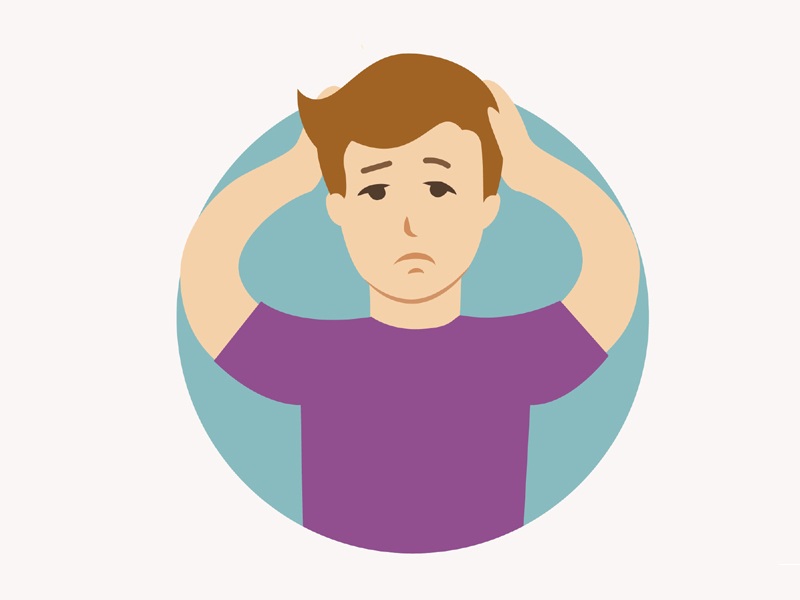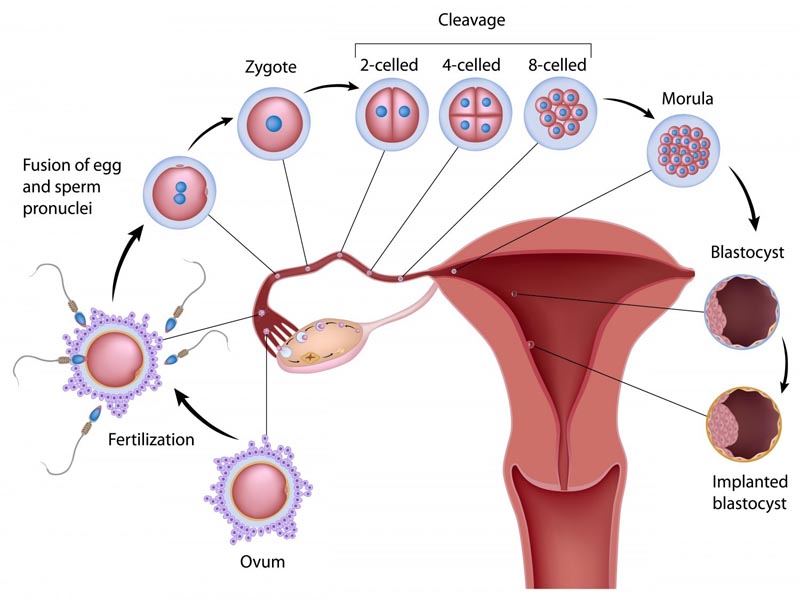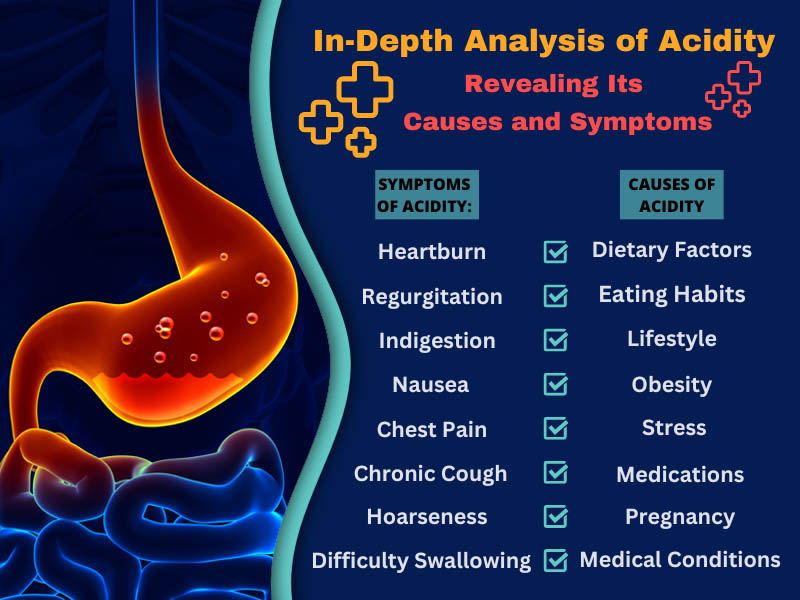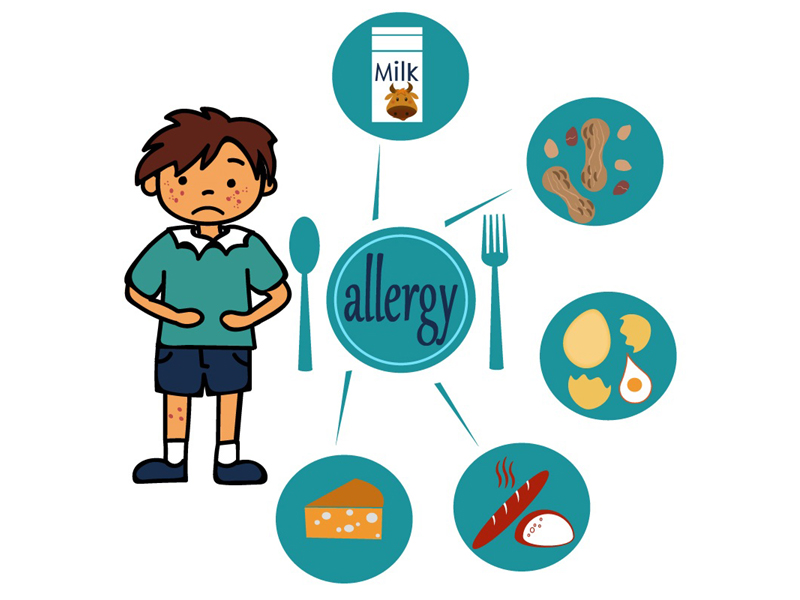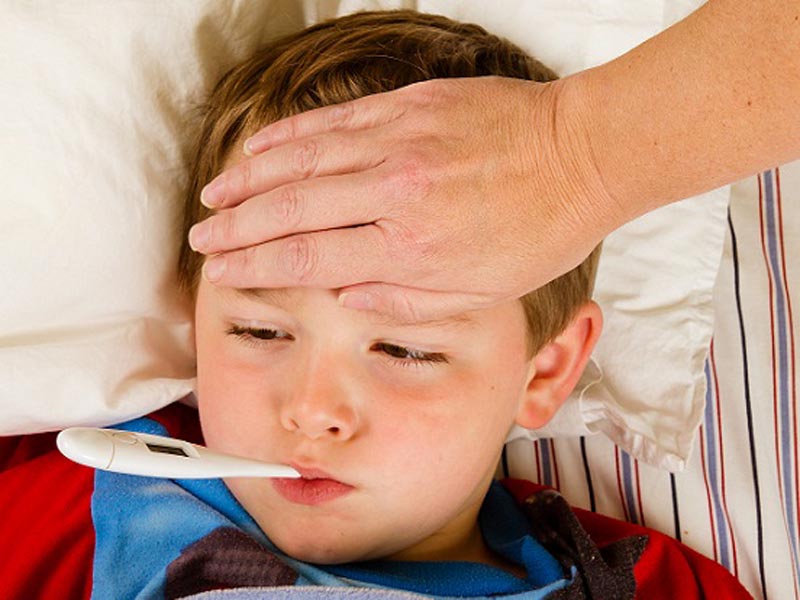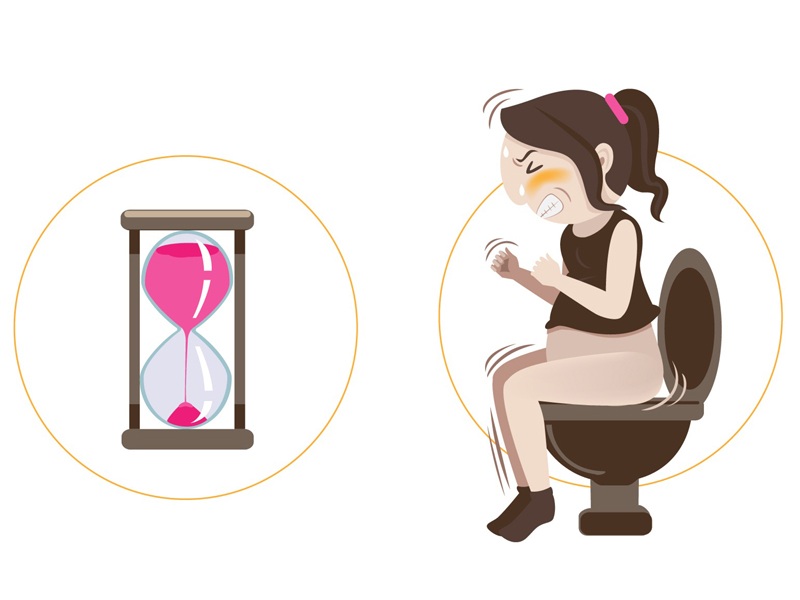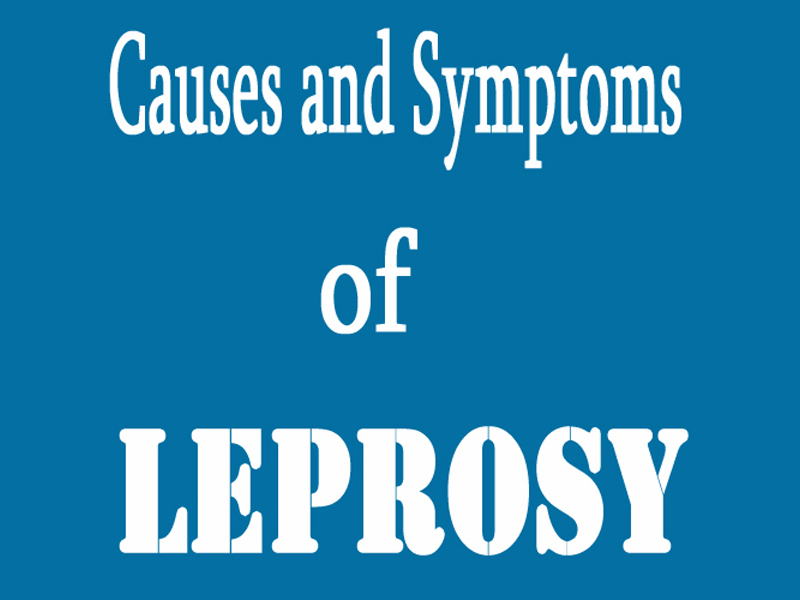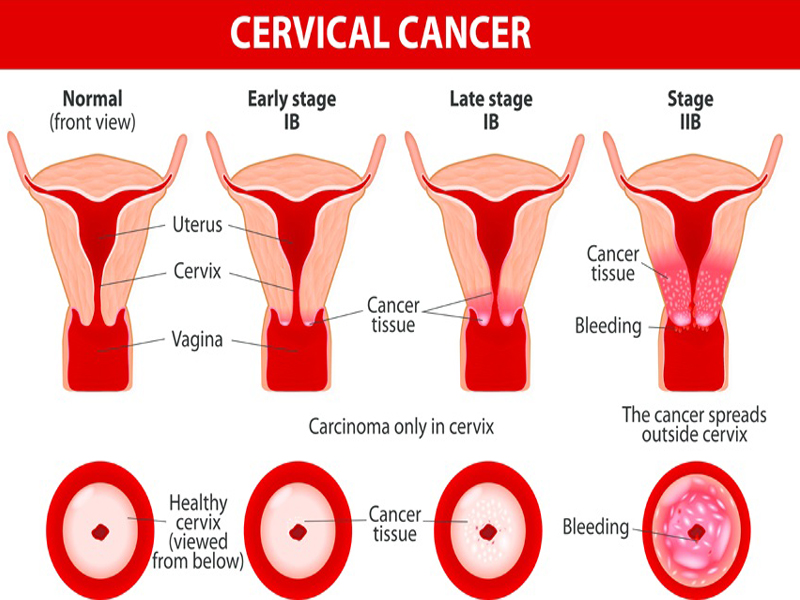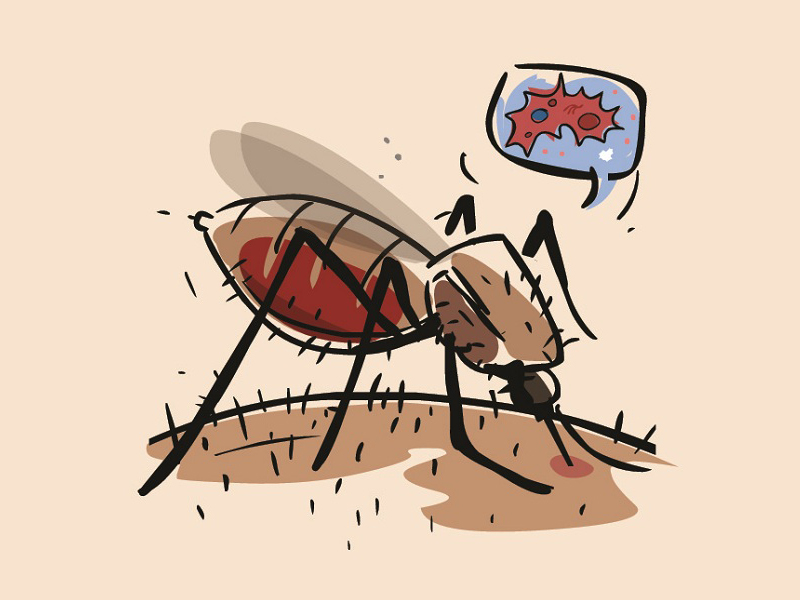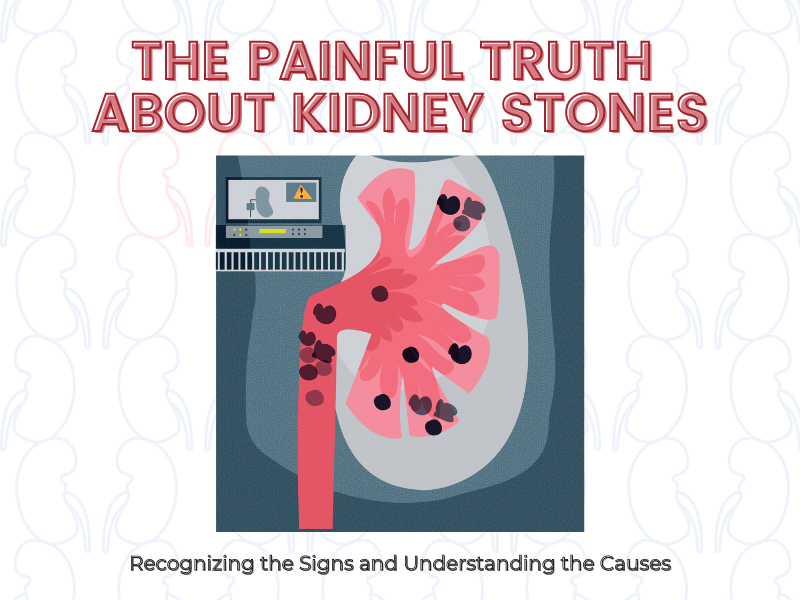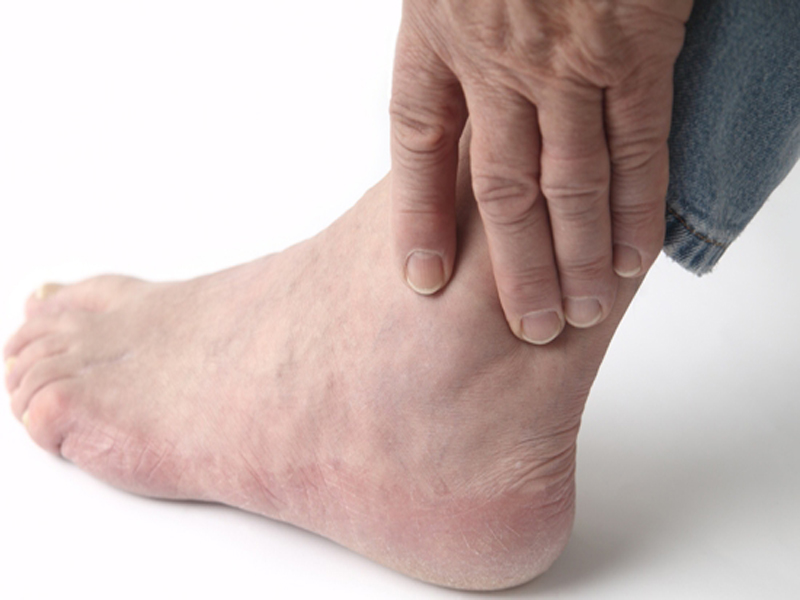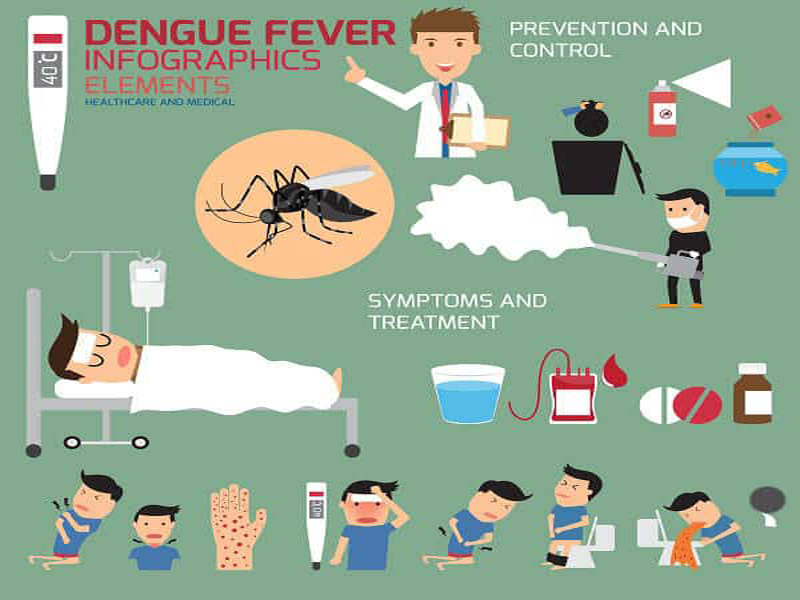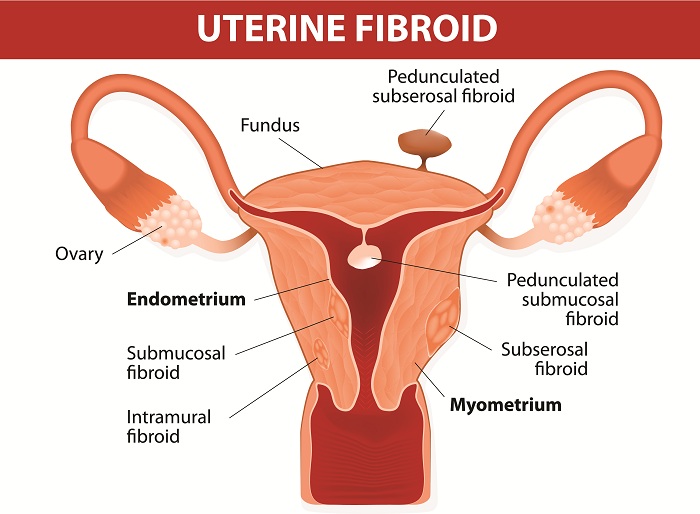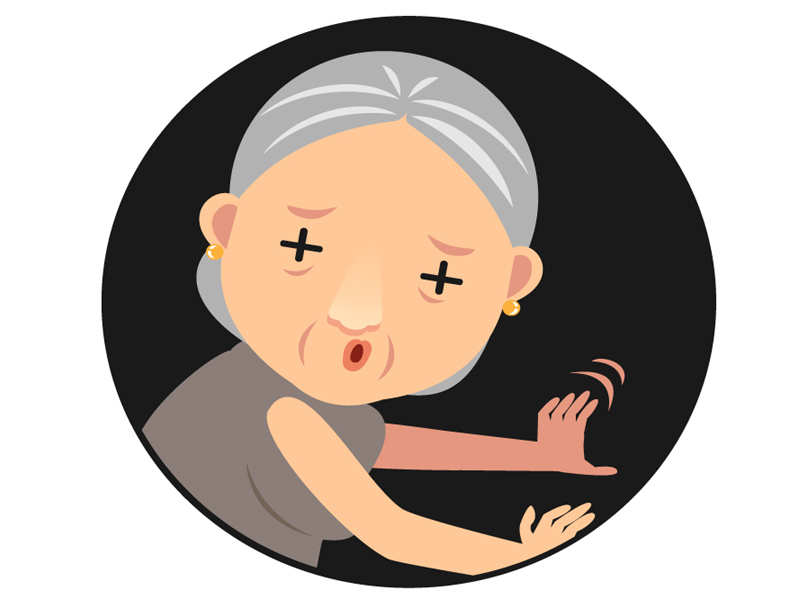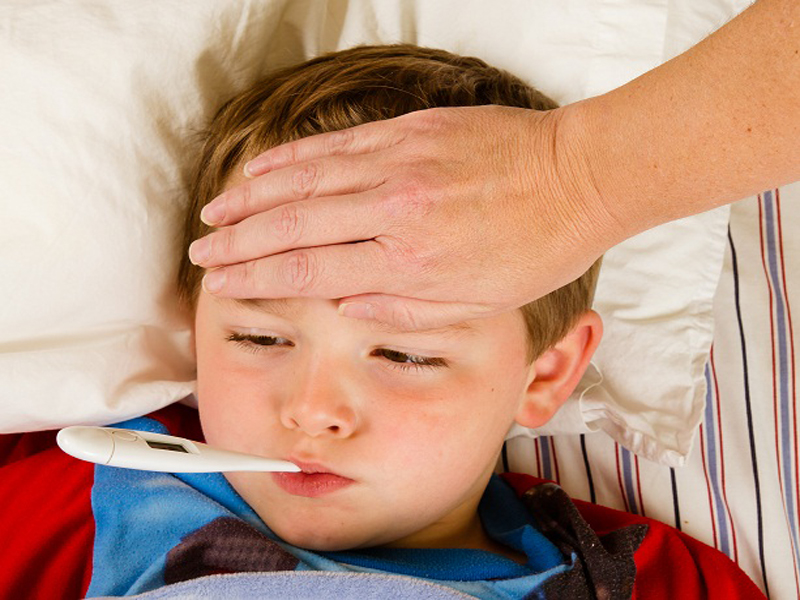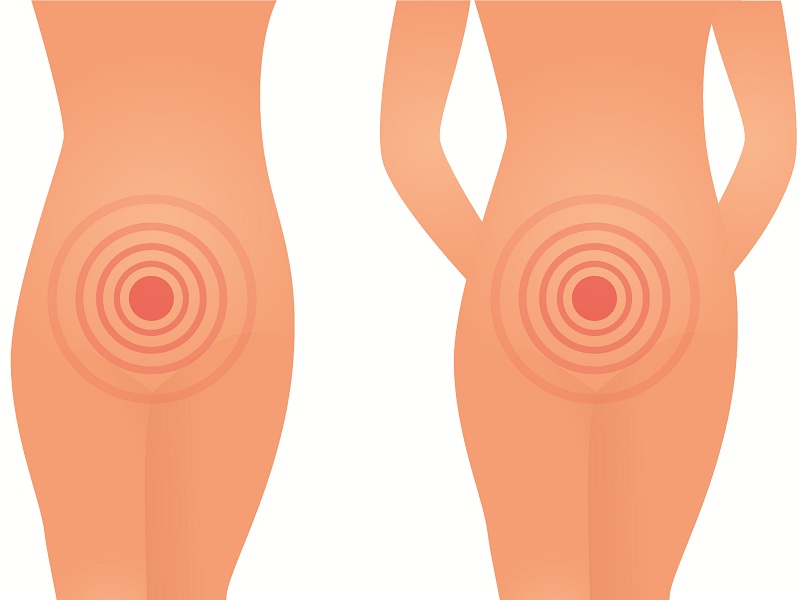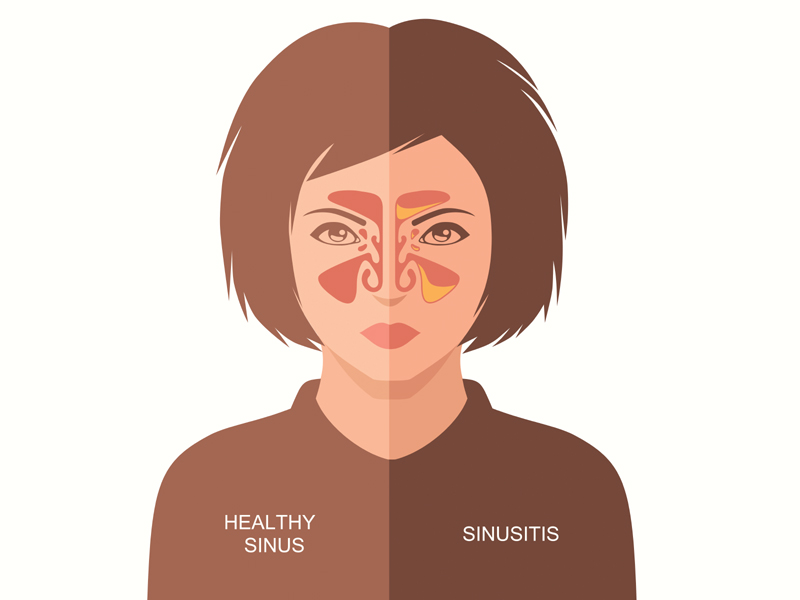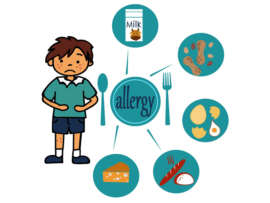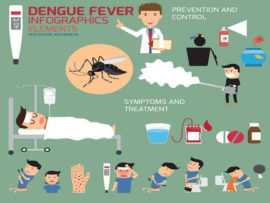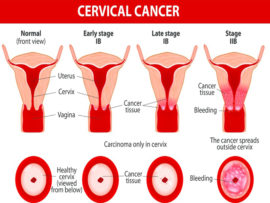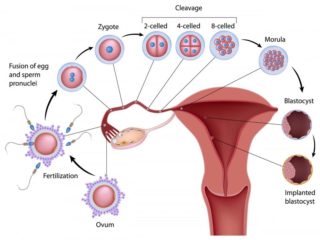Are we aware of how severe bronchitis is in today’s world where pollution continues to rise in different parts of the country? An upsurge is seen in the number of people with respiratory diseases. This situation further worsens with the advent of winter as the cold season sets in. Respiratory symptoms and common symptoms of bronchitis have become more prevalent, made worse with smog, second-hand smoke exposure, smoking, and inhalation of petrol fumes. All these have become part of our lives today. In this article, we discuss the causes, symptoms, triggers, and preventive methods that can be undertaken.
What Is Bronchitis?
When the airways get swollen, and there is difficulty in the movement of air to and from the lungs, it results in bronchitis. This is a simple definition of bronchitis disease in layman’s terms. People afflicted with bronchitis cough up thickened yellow or greenish mucus accompanied by wheezing, chest tightness, shortness of breath, and low fever. Bronchitis usually develops from a cold or a respiratory infection.
Those who are at maximum risk are young children and those who are over the age of 65 with chronic illnesses like heart, and lung disease, diabetes, and asthma. When there is a high fever, no appetite, aches, and common bronchitis symptoms, there could be a concern for pneumonia, and one must visit a doctor immediately. Pneumonia symptoms are sweating, nausea, vomiting, unexplained weight loss, diarrhoea, etc. The bacteria and viruses that cause sinusitis are almost the same ones that cause pneumonia. In bronchitis, alcohol must be avoided as it makes the mucus very thick and more difficult to cough up.
Different Types Of Bronchitis:
1. Acute Bronchitis:
Acute bronchitis or chest cold occurs when there is a sudden development of inflammation in the bronchial tubes. It does not cause any permanent breathing difficulties. This usually happens because of a virus or inhaling things that irritate the lungs like tobacco smoke, dust, fumes, and air pollution. Bacteria also can sometimes cause acute bronchitis. Acute bronchitis usually tends to get better on its own and does not usually need antibiotics.
Recovery Time:
- The recovery time for acute bronchitis is that this infection remains for three to ten days, with a lingering dry cough after bronchitis for a few weeks.
2. Chronic Bronchitis:
Chronic bronchitis occurs when one has repeated bouts of cough and requires medical attention. This type of bronchitis is one of the conditions of COPD (chronic obstructive pulmonary disease).
Patients suffering from chronic bronchitis are often overweight and are cyanotic. Initially, the cough appears in the winter season, then gradually, over the years worsens. The mucopurulent relapses in this tend to increase in frequency. The duration and severity reach the point of exertional dyspnea. The most commonly observed symptom is cough which becomes more intense as the disease progresses.
Recovery Time:
- There is no chronic bronchitis recovery time as there is no known cure for chronic bronchitis and the treatments provided are to relieve symptoms and prevent further complications.
Signs and Symptoms of Bronchitis:
Common Symptoms:
One of the early symptoms of bronchitis is a dry cough. A cough caused by bronchitis is often accompanied by mucus that may or may not come up with a cough. When it does, it is called a “productive” cough. The cough can make the throat sore and irritated. It can cause a sensation of rattling deep within the chest as you breathe in or cough. The colour of the mucus is from clear to yellow or green, depending on the infection or virus.
Once the virus is gone, the mucus decreases, although the lingering cough may dry. The cough may be associated with wheezing and chest tightness. When the airways are blocked, it makes a rattling or whistling sound. Sometimes bronchitis is accompanied by fever or headache too.
Bronchitis symptoms are difficult to ignore. The persistent cough lasts one-and-a-half to three weeks. The common symptoms of bronchitis generally range from excess mucus, chest tightness, chest pain, wheezing, shortness of breath, sore throat, low fever, chills, and fatigue.
Acute Bronchitis Symptoms:
Acute bronchitis, also called a chest cold, improves within a week to 10 days. It is usually caused by the viruses that cause colds and flu. The acute bronchitis symptoms are chest congestion, runny nose, tiredness, muscle aches, chest tightness, a cough with clear, yellow, or green mucus, shortness of breath, wheezing, sore throat, fever, chills, and body aches. Acute bronchitis is temporary and does not usually cause any permanent breathing difficulties.
Chronic Bronchitis Symptoms:
Chronic bronchitis is a type of COPD. The chronic bronchitis symptoms lead to a condition where the airways fill up with thick mucus. The small hairs, which normally move phlegm out of the lungs, are damaged and result in a cough. As the disease worsens, it becomes difficult for one to breathe. The other signs of chronic bronchitis may include cough with mucus, wheezing, tight chest, shortness of breath, and feeling tired. These symptoms worsen during the cold winter months when temperatures drop.
The cough produces mucus that may be blood-streaked, with shortness of breath and worsens with exertion or mild activity. There are repeated bouts of respiratory infections with wheezing, headaches, and fatigue. The inflamed bronchial tubes produce mucus, and this leads to coughing and difficulty breathing.
Chronic bronchitis is mainly diagnosed in individuals who have a productive cough for a number of days in a month or at least three months of the year. It is mostly seen in smokers and associated with other lung conditions such as emphysema. It is important to visit a doctor if the cough makes it hard to sleep at night, coughing up blood or rust-coloured mucus, difficulty breathing or accompanied with a fever higher than 100.4 degrees Fahrenheit. This could be a chronic form of the disease and may need long-term treatment options.
See Also: Yoga For Bronchitis
Causes of Bronchitis:
Acute Bronchitis Causes:
Acute bronchitis causes include viral and bacterial infections, other lung conditions, and environmental factors, along with allergies and due to smoking, which can even lead to lung cancer (1).
Chronic Bronchitis Causes:
One of the main reasons for people to develop chronic bronchitis is tobacco smoking and second-hand smoke exposure to tobacco. There are exposures to pollutants, dust, repeated bouts of acute bronchitis, or pneumonia. Healthcare professionals are able to diagnose chronic bronchitis based on a person’s medical history, diagnostic tests, and physical exam.
Complications of Bronchitis:
A single episode of bronchitis is usually not a cause for concern. Repeated bouts of bronchitis, however, may sometimes mean that it is a chronic obstructive pulmonary disease (COPD). Some of the major complications of chronic bronchitis are difficulty breathing, respiratory failure, pneumonia, weakness, and enlargement of the right heart ventricle of the heart. It could also be pneumothorax, polycythemia, chronic obstructive pulmonary disease, or emphysema.
See Also: Most Effective Ways Of Home Treatment For Cough And Cold
Instant Relief Medication for Acute Bronchitis:
Antibiotics usually are not much of a help because acute bronchitis is most of the time; acute bronchitis is caused by a virus that does not respond to antibiotics. Antibiotics are required only if one is diagnosed with whooping cough or pneumonia. Medicines called bronchodilators are used to open up tight air passages in the lungs. This is usually prescribed during wheezing. Decongestants may help relieve symptoms of bronchitis. Medications, that loosen mucus, can also be prescribed. More fluids will be encouraged to thin down the mucus and soothe airways with a cool-mist humidifier.
For relief, the best medication for bronchitis cough is to keep hydrated with fluids; another option would be Augmentin as antibiotics help bronchitis (2). Over-the-counter pain relievers may be given with ibuprofen (Advil, Motrin), aspirin, or naproxen (Aleve) to help with pain.
There is no cure for chronic bronchitis. Treatments mainly aim to relieve symptoms and prevent complications including inhaled medications that would enable the airways to be widened, antibiotics to fight infections, corticosteroids that may occasionally be used during flare-ups of wheezing, and oxygen therapy for severe cases. Treatment will alleviate the symptoms, but chronic bronchitis is a long-term condition that recurs and does not go away completely.
The treatment of common symptoms of bronchitis lies in how soon one identifies their symptoms and seeks professional help. One must immediately see a doctor if a cough that lasts more than three weeks prevents one from sleeping and has a fever higher than 100.4 F, discoloured mucus streaked with blood, and associated with shortness of breath or sneezing.
There are several tests available to diagnose acute and chronic bronchitis in the form of a physical exam, pulmonary function tests, arterial blood gas, chest X-ray, pulse oximetry, CBC, exercise testing, and chest CT scan. Bronchitis is treatable; the essence lies in seeking help and not allowing it to develop into pneumonia!
Disclaimer:
The information in this article and suggestions are for informational purposes only. The main purpose is to create awareness. This information must not be construed as a substitute for professional medical advice, diagnosis or treatment. Please ensure to seek the advice of your physician with any questions regarding a medical condition.
FAQs:
1. Is Bacterial Bronchitis Contagious?
Acute bronchitis due to infection is contagious, as it gets transmitted through airborne droplets when a person speaks, coughs, or sneezes. Mere shaking hands or physical contact with an infected person can also infect someone. Depending on the type of virus, the bacteria tend to live outside the body. In such cases, the infection can spread by touching even a doorknob or touching your nose, eyes, or mouth. The symptoms easily get transmitted to people with a compromised immune system, elderly people, and small children.
See Also: Pneumonia Home Remedies
2. Can Bronchitis Cause Cancer?
According to research, People with three common respiratory diseases, such as chronic bronchitis, pneumonia, and emphysema were at an increased risk of lung cancer. This is in comparison to those with chronic bronchitis. No increased risk was seen in those with chronic bronchitis, tuberculosis, or asthma. A cough that is associated with a respiratory infection or cold normally tends to go away in a week or two. If a persistent cough lingers, it can be a symptom of lung cancer.
3. Can Bronchitis Cause Pleurisy?
Pleurisy occurs when the thin tissues that line the lungs and chest wall called the pleura rub against each other. When this tissue is infected or inflamed, it causes severe pain, and this condition is called pleurisy. The main symptoms associated with pleurisy are a stabbing pain to the side of one’s chest, along with headache, joint pain, muscle ache, shortness of breath, and shallow breathing. One of the main causes of pleurisy is bronchitis. Pleurisy needs long-term care, but adhering to treatment has positive results.





















